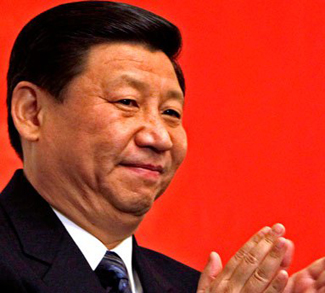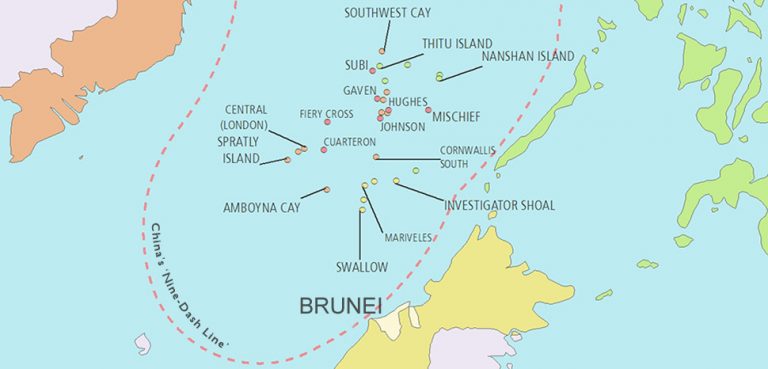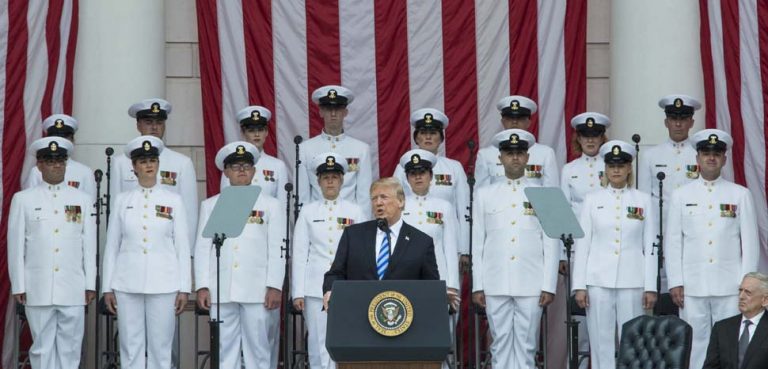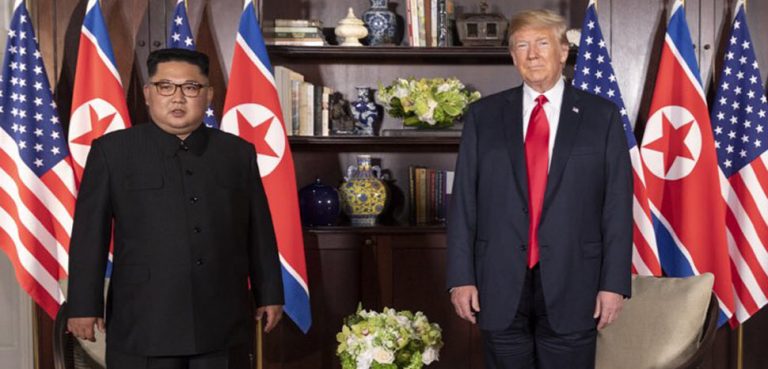Summary
In his first steps on the road to making America great again, president elect Trump has opted to tear up the Trans-Pacific Partnership (TPP), the 12-nation free trade agreement that the Obama administration built its Asia policy upon.
The move is being presented as a promise kept, a blow against the globalists and a victory for the American worker. In this fight against free trade, the TPP is the low-hanging fruit, as the agreement was always contentious and had yet to come into effect.
However, the TPP was more than just a trade agreement; it was a policy promise, an enduring institution that would keep US power in the region over the long term. Its point, often made explicitly by US officials, was to provide Asian countries with an alternative to a China-dominated Asian system, one where US ties could provide a credible hedge against Chinese interests. ‘Credible’ is a key word here, because the US government was always at a disadvantage: it was the distant power, and China was the near one.
Now US credibility will be an open question, and China will benefit as the ‘permanent fixture’ in the region. We will see a quick reboot of Beijing’s homegrown free trade pushes (FTAAP and the RCEP). And US allies and partners alike will be reevaluating their relationship with Beijing in light of the TPP’s demise and what it means for US power going forward.
When the dust has finally settled, East Asia will look nothing like the Obama administration’s original vision for the region.
Impact
The short life and unceremonious demise of the TPP. The TPP was a difficult agreement to hammer out. We’re most aware of the trials and tribulations in the United States, of the US presidential race and Hillary Clinton’s on-again off-again relationship with it, but the TPP had a tough go in many other signatory countries. Though it was supported by the government, the TPP faced a concerted opposition push by labor and environmental groups in Canada and New Zealand (just 32% of Canadians supported the deal as of early 2016). Despite the obvious security benefits of a US commitment to the region, the Japanese public was tepid on the TPP, with just 38% in support in October. This stems in large part from the deal’s impact on Japanese industries, particularly the agricultural industry, which had long been insulated from international competition. Even Vietnam was dragging its feet on ratification, though this was likely due to the stark, anti-TPP line taken by both candidates in the US presidential race.




